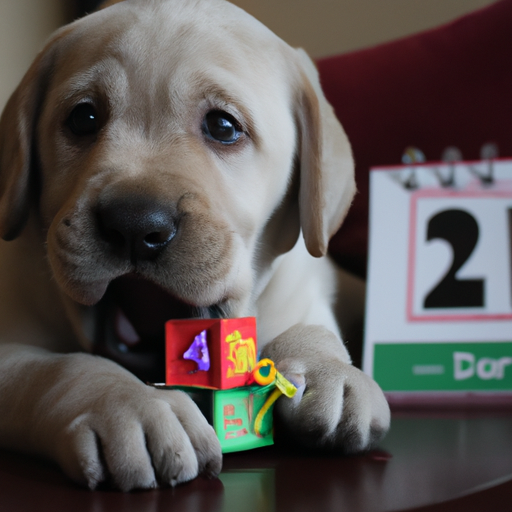As a devoted caregiver to your furry friend, understanding all aspects of their growth, including teething, is essential. This article will guide you through the teething process of puppies, providing in-depth knowledge, helpful tips, and answers to frequently asked questions.
Understanding Puppy Teething
Just like human babies, puppies also go through teething. This is a process where puppies lose their baby teeth, and adult teeth replace them. Teething can be a challenging time for both puppies and caregivers, as it can cause discomfort and changes in behavior.
When Teething Begins
Puppy teething generally starts between 3 to 4 weeks of age. This is when their baby teeth, also known as deciduous teeth, begin to appear.
Table 1: Puppy Teething Timeline
Age Teeth 2-4 weeks Baby teeth start to appear 12-16 weeks Baby teeth begin to fall out 16-28 weeks Adult teeth start to replace baby teeth 6-7 months Most dogs have a full set of adult teeth
Recognizing the Signs of Teething
During teething, your puppy may exhibit several signs, including:
- Chewing on objects
- Drooling more than usual
- Loss of appetite
- Swollen, red gums
- Visible teeth falling out
How to Care for a Teething Puppy
Caring for a teething puppy can be an arduous task, but your patience and understanding can make the process more bearable for your pup. Here are some tips:
-
Provide Chew Toys: Chew toys can provide relief from the discomfort of teething. Make sure the toys are safe and appropriate for your pup’s size and age.
-
Feed Soft Foods: If your pup is showing a loss of appetite due to painful gums, consider feeding them soft foods.
-
Use Cold Items: Chilled chew toys or ice cubes can help soothe your pup’s gums.
-
Maintain Oral Hygiene: Regular brushing of your puppy’s teeth is essential to keep their mouth clean and healthy.
What Not to Do
While it’s essential to know what to do, understanding what not to do is equally important.
-
Avoid Hard Toys: Hard toys can damage your puppy’s teeth. Stick to soft, chewable items.
-
Don’t Ignore Excessive Discomfort: If your puppy seems overly uncomfortable or in pain, consult your vet.
After Teething
Once teething is complete, usually by 6 to 7 months, your pup should have a full set of 42 adult teeth. This is the time to implement regular dental care routines, including brushing and professional cleanings.
Frequently Asked Questions
Q: What can I give my teething puppy to chew?
A: Opt for safe chew toys designed for teething puppies. These are usually made from soft, durable materials that can withstand chewing without damaging the teeth.
Q: Can teething cause diarrhea in puppies?
A: While some puppies may experience soft stools during teething, severe diarrhea is not typical. If your puppy has severe or persistent diarrhea, it’s important to consult a vet.
Q: How long does teething last in puppies?
A: The entire teething process usually lasts between 3 to 4 months. However, the duration can vary slightly depending on the breed and individual puppy.
Q: Do puppies get aggressive when teething?
A: While aggression is not a common symptom of teething, your puppy may become more irritable or anxious due to discomfort. If your puppy shows signs of aggression, it’s best to consult with a trainer or your vet.
In conclusion, understanding and navigating your puppy’s teething phase is a vital part of their growth. Armed with the knowledge in this article, you can help your pup through this transition with ease and compassion.



